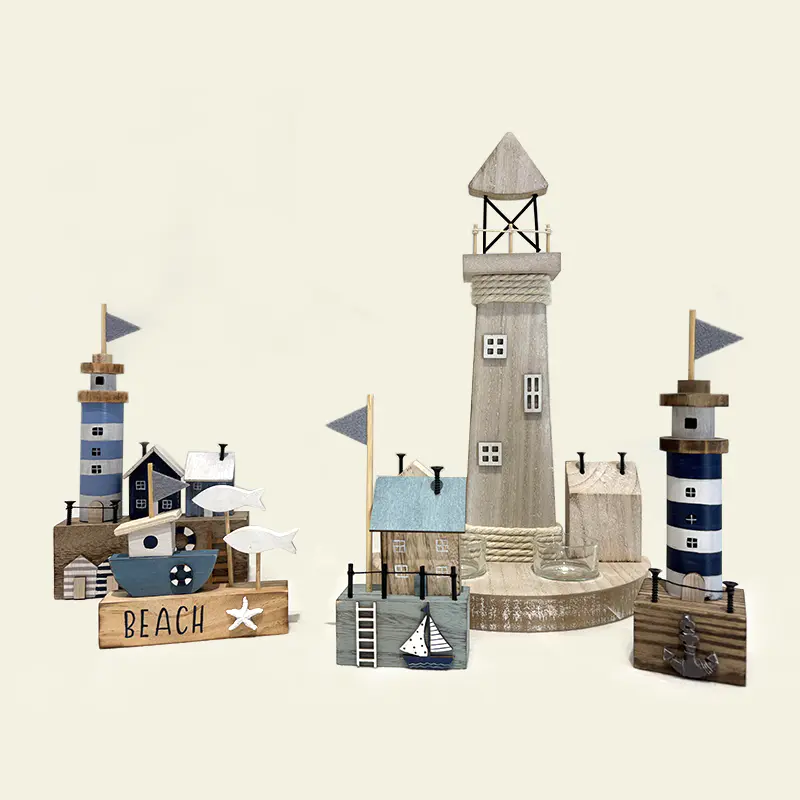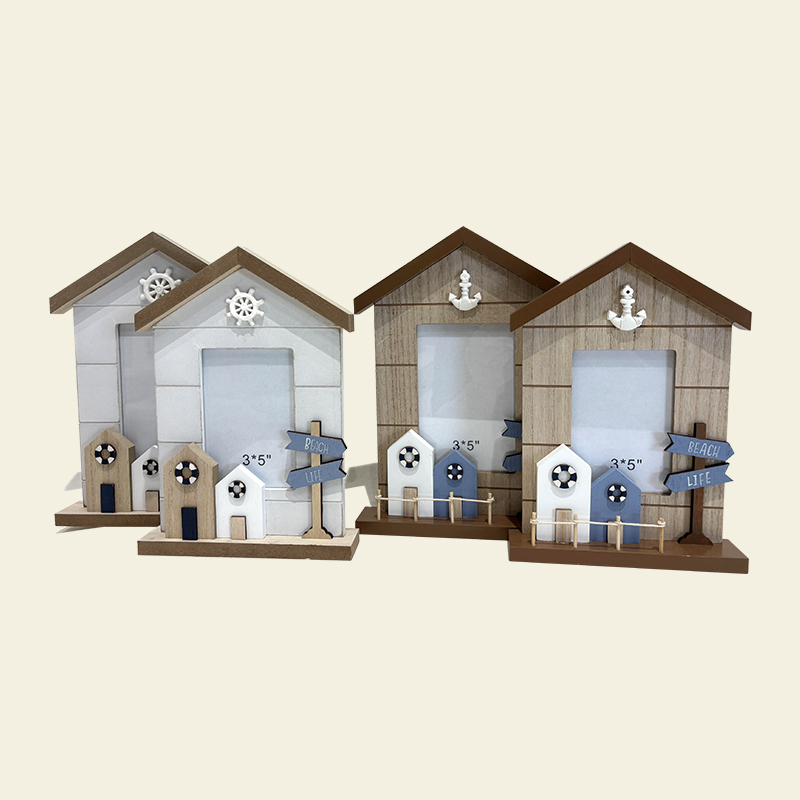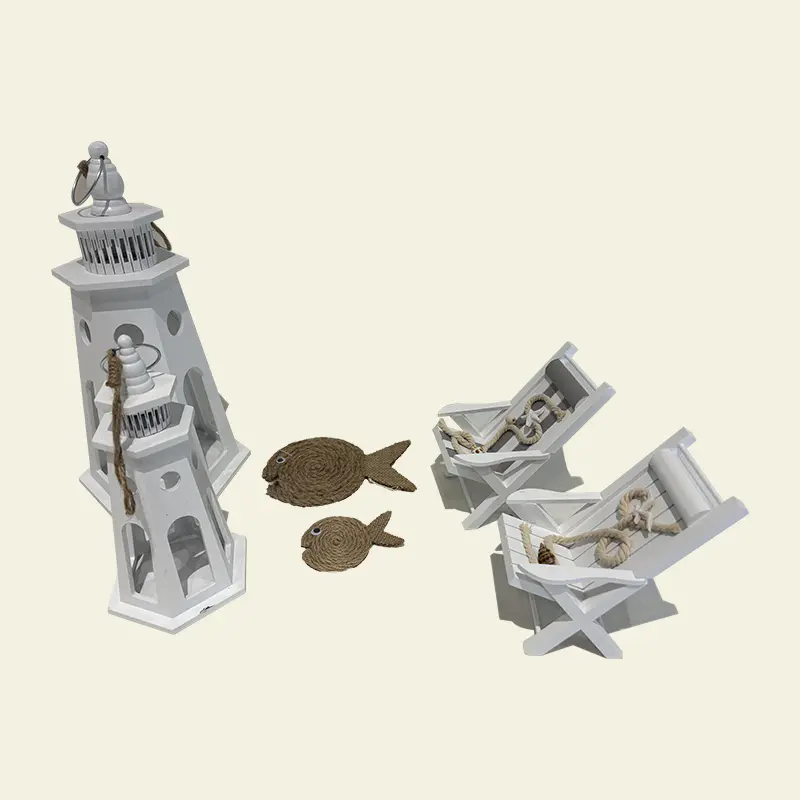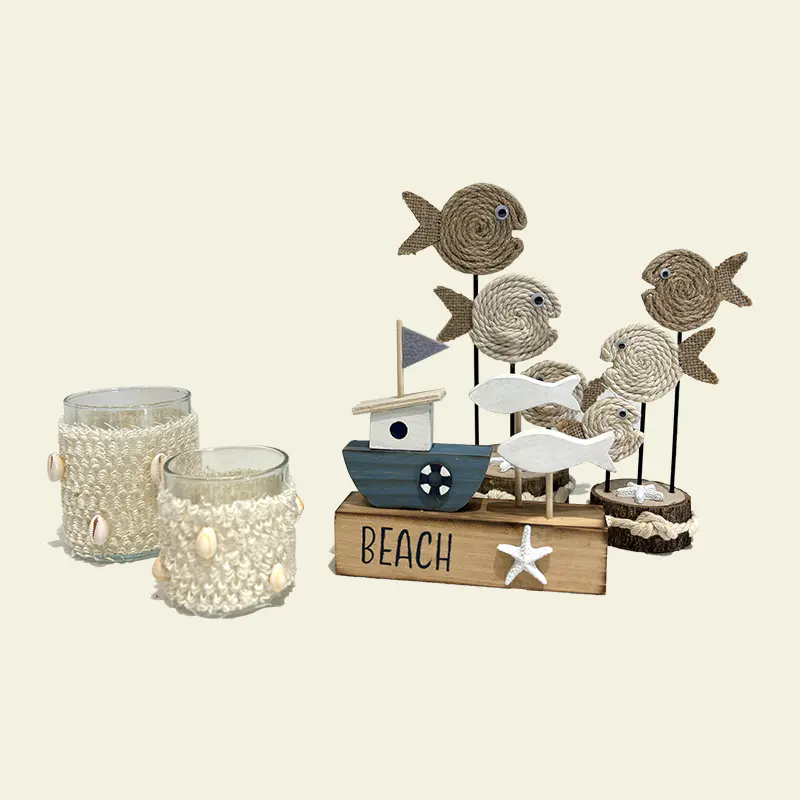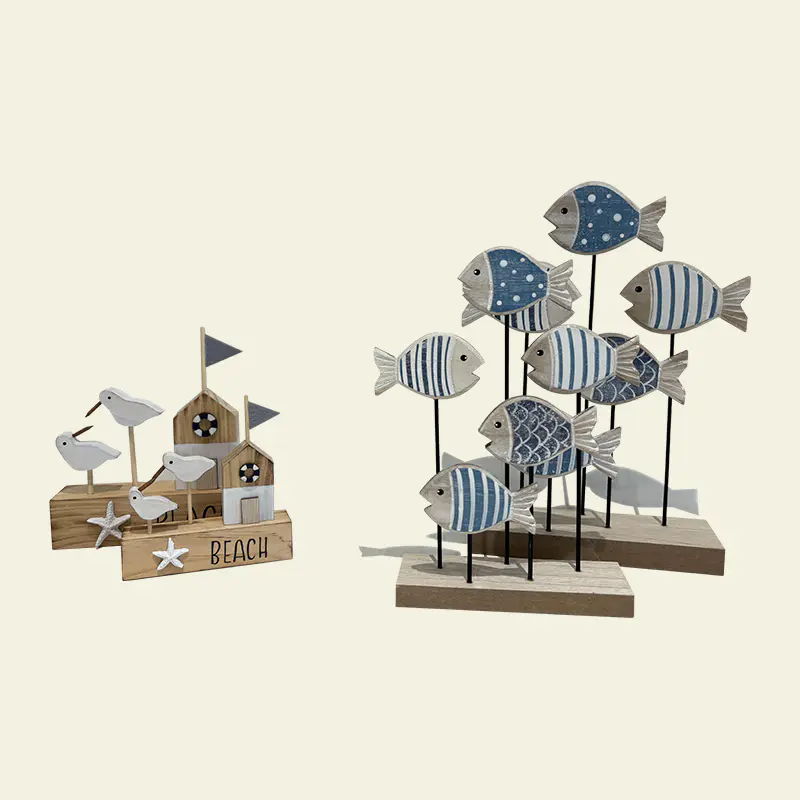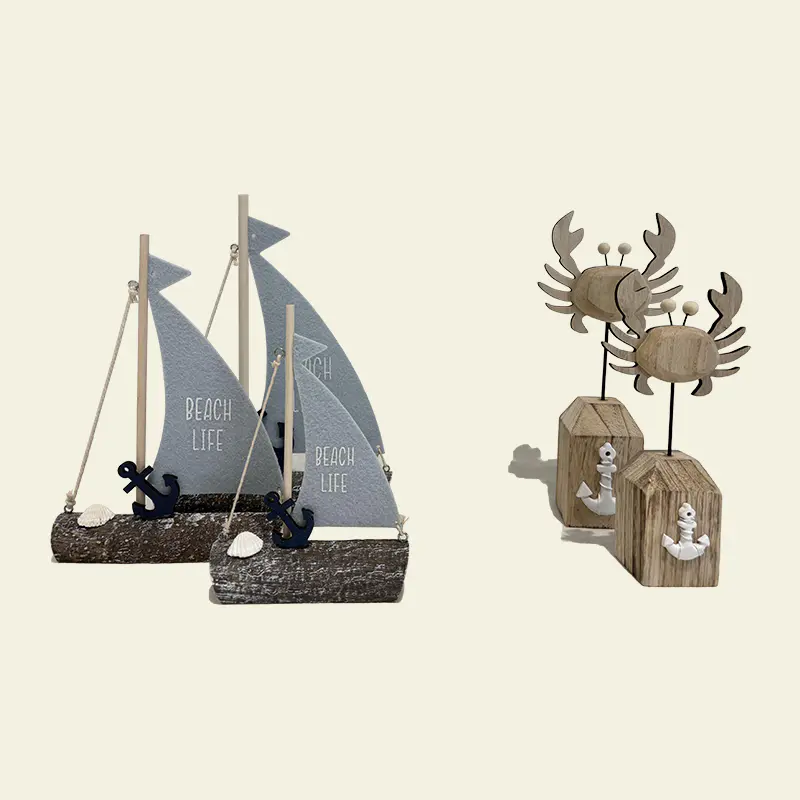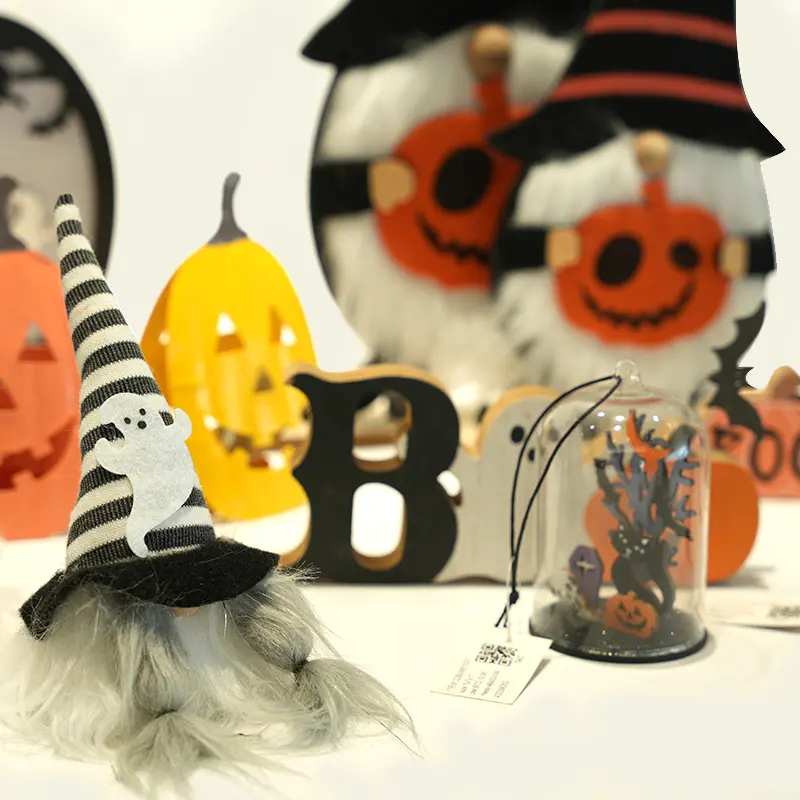Quote
What Safety Standards Should Fabric Doll Suppliers Meet?

Fabric dolls are beloved toys for children of all ages, offering comfort, imaginative play, and collectible appeal. While these dolls are soft and seemingly simple, ensuring their safety is critical. Fabric doll suppliers must follow specific standards to guarantee that their products are safe for children. Understanding these requirements helps parents, retailers, and manufacturers maintain high levels of safety and quality.
Material Safety
The primary concern for fabric dolls is the materials used. Fabric doll suppliers must ensure that all textiles, fillings, and threads are non-toxic and free from harmful chemicals such as lead, phthalates, or azo dyes. Fabrics should be flame-retardant or meet flammability regulations to prevent fire hazards. Additionally, fillings like polyester fiber or cotton must be hypoallergenic and tightly secured to avoid accidental ingestion.
Small Parts and Choking Hazards
Many dolls include accessories such as buttons, eyes, or ribbons. Fabric doll suppliers must follow strict guidelines to prevent choking hazards. Eyes and other small components should be embroidered or securely attached rather than glued or loosely sewn. International toy safety standards, such as ASTM F963 in the United States or EN71 in Europe, provide clear limits on the size and attachment methods of small parts for children under specific age groups.
Durability and Construction
Durable construction is another key safety requirement. Seams, stitching, and joint areas must be strong enough to withstand normal play without tearing. Fabric doll suppliers often conduct stress tests to ensure dolls maintain their shape and do not release filling materials. Durable construction reduces the risk of accidental exposure to small parts or internal materials that could be hazardous.
Labeling and Age Recommendations
Clear labeling is essential for safety and informed use. Fabric doll suppliers should include age recommendations and warnings about any small parts or accessories that may pose risks. Labels should also provide care instructions, including washing and handling guidelines, to maintain hygiene and prevent deterioration. Proper labeling helps caregivers choose age-appropriate dolls and reduces the chance of misuse.
Compliance with International Standards
Safety compliance is a major consideration for fabric doll suppliers, especially when distributing products globally. Compliance with standards such as ASTM F963, EN71, ISO 8124, or local regulations ensures that dolls meet rigorous safety criteria. Suppliers often provide certificates of conformity or test reports to demonstrate adherence to these standards. This not only builds trust with buyers but also reduces liability and recalls.
Ongoing Quality Control
Maintaining consistent safety requires ongoing quality control. Fabric doll suppliers typically perform batch inspections and random testing to identify potential defects or hazards. By monitoring materials, construction, and finished products, suppliers can ensure that every doll leaving the factory meets the required safety standards. Continuous quality control supports both consumer confidence and brand reputation.
Safety in fabric dolls involves careful attention to materials, small parts, construction, labeling, and compliance with recognized standards. Fabric doll suppliers must meet these requirements to protect children and ensure reliable, durable products. By understanding and implementing these safety measures, suppliers contribute to a safer play environment and provide peace of mind for parents, caregivers, and retailers.
Next: Can Wooden Crafts Be Customized by Suppliers?



 English
English 中文简体
中文简体 Deutsch
Deutsch Español
Español
